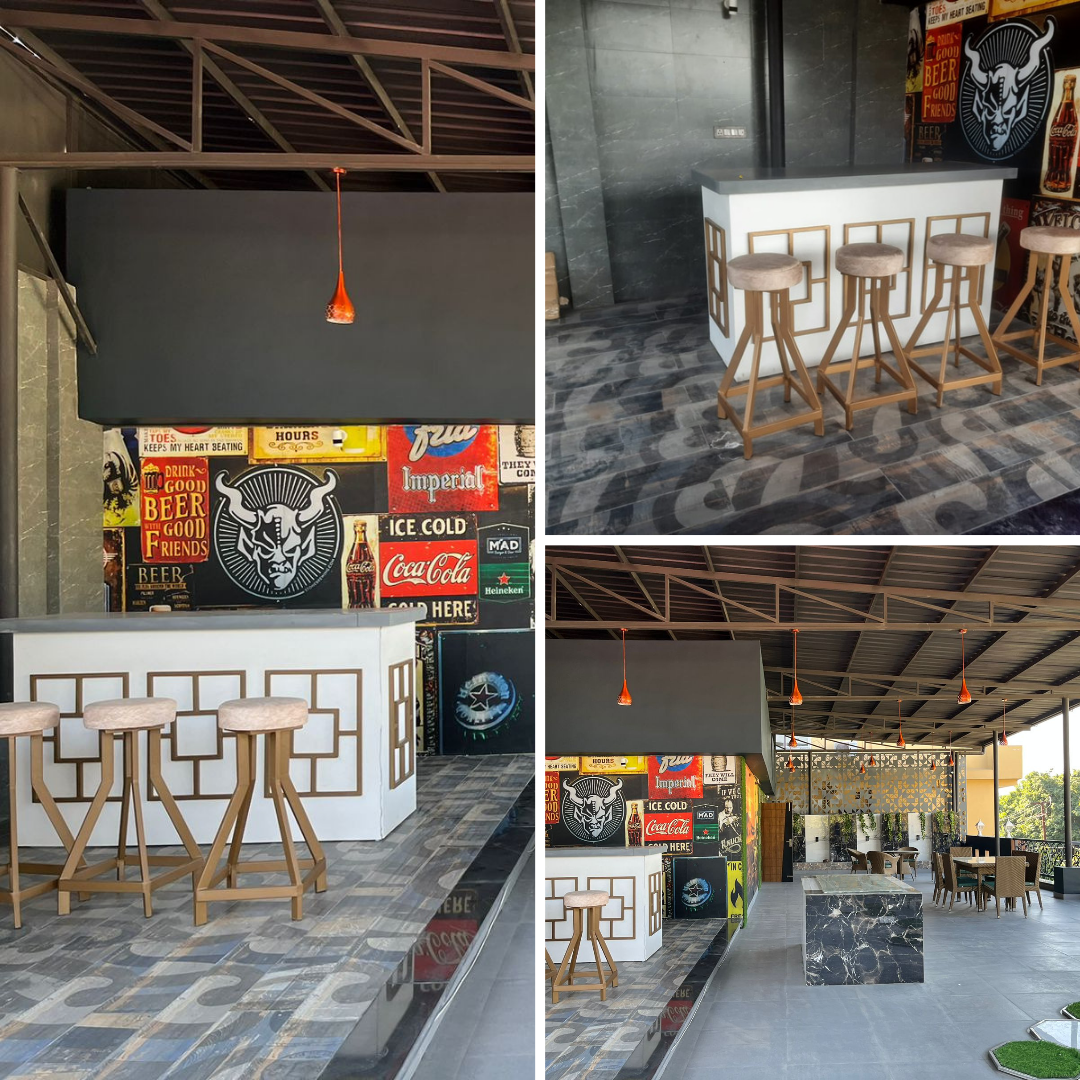Best Solutions for Noise Control in Open-Plan Offices
- amodini
- 0 Comments
Open-plan offices are becoming very popular in modern workplaces because they promote teamwork, save space, and look stylish. But with these advantages also comes one big challenge—noise. The constant sound of people talking, phones ringing, typing, and meetings can make it very hard for employees to focus. This is why finding the best solutions for noise control in open-plan offices is so important.
In this blog, we will explore what noise problems are in open spaces, why noise control is needed, and the most effective methods that companies can use to reduce noise.
Understanding Noise in Open-Plan Offices
An open-plan office is a workspace design where there are few or no walls between employees. Instead of private cabins, people work together in a large shared area. While this setup helps communication, it also creates noise issues.
Noise in such offices mainly comes from:
-
Conversations among employees
-
Phone calls
-
Meetings held in open areas
-
Office equipment like printers and keyboards
-
Background sounds from HVAC systems or outside traffic
Noise pollution can reduce productivity, create stress, and even affect health. In offices, constant noise can lead to mistakes, low concentration, and employee dissatisfaction.
Why Noise Control in Offices is Important
Noise is not just an annoyance; it is a real problem for productivity and employee well-being. Here’s why:
-
Reduced Focus: Too much background sound distracts employees from tasks.
-
Lower Productivity: People take longer to complete work in noisy environments.
-
Stress and Fatigue: Constant noise increases stress levels.
-
Poor Communication: Misunderstandings happen when employees cannot hear each other clearly.
-
Employee Satisfaction: A comfortable office environment increases job satisfaction and reduces staff turnover.
So, effective noise control is essential not only for individual performance but also for the company’s overall success.
Best Solutions for Noise Control in Open-Plan Offices

Let’s look at some of the best methods to reduce and manage noise in open offices.
1. Acoustic Panels for Offices
Acoustic panels are one of the most effective ways to control sound in open spaces. These panels are made of materials that absorb sound waves instead of reflecting them. They can be fixed on walls, ceilings, or even placed as freestanding partitions.
-
Wall Panels: Installed directly on walls to reduce echo.
-
Ceiling Baffles: Hanging panels that absorb overhead noise.
-
Freestanding Panels: Can be moved around for flexibility.
This is a cost-effective and stylish solution, as acoustic panels also come in attractive designs and colors that improve office décor.
2. Office Layout Design for Noise Reduction
The way an office is designed plays a big role in controlling noise. Companies can improve layouts by:
-
Placing noisy equipment like printers and copiers in separate rooms.
-
Designing “quiet zones” for employees who need more focus.
-
Using furniture and partitions to create semi-private areas.
-
Keeping meeting areas away from main working zones.
Good office design can balance both openness and privacy.
3. Sound Masking Systems
Sound masking is a modern solution where low-level background sounds are added to reduce the impact of unwanted noise. These sounds are designed in a way that makes conversations less distracting.
For example, a soft airflow sound can cover up human speech and make it less noticeable. Unlike white noise machines, modern sound masking systems are tuned to blend naturally into the environment.
4. Carpets and Rugs for Noise Absorption
Hard floors reflect sound, which increases noise. Carpets and rugs help by absorbing sound and reducing echoes. Adding soft flooring in open-plan offices can reduce noise significantly while also making the workplace feel warmer and more comfortable.
For offices with high foot traffic, using durable and acoustic-friendly carpet tiles is a great choice.
5. Noise-Canceling Headphones
Sometimes, the best solution is personal. Noise-canceling headphones allow employees to block out unwanted background sounds and focus on their tasks.
They are especially useful for employees who do deep work, such as writers, designers, or programmers. Companies can even provide these headphones as part of workplace wellness initiatives.
6. Plants for Natural Noise Control
Plants not only make offices look fresh but also help reduce noise levels. Large indoor plants absorb sound, especially high-frequency noise.
Creating a “green wall” or using plant dividers is an eco-friendly way to improve both air quality and sound quality in offices. Indoor plants have psychological benefits as well, making employees feel calmer and more productive.

7. Meeting Pods and Phone Booths
Open offices often lack privacy for calls and meetings. Installing meeting pods or soundproof phone booths is a great solution.
These pods are small, enclosed spaces where employees can have private discussions without disturbing others. They come in different sizes, from one-person booths to larger group meeting pods.
8. Office Etiquette and Noise Policies
Technology and design are not the only solutions. Creating a noise policy in the office is also important. For example:
-
Encourage employees to keep personal conversations short.
-
Ask people to use meeting rooms for long discussions.
-
Promote the use of messaging apps instead of shouting across desks.
Training employees about office etiquette can reduce unnecessary noise.
Comparison of Noise Control Solutions
Here is a simple table comparing some of the best noise control solutions:
| Solution | Cost Level | Effectiveness | Additional Benefits |
|---|---|---|---|
| Acoustic Panels | Medium | High | Stylish, flexible |
| Office Layout Improvements | Medium | High | Better workspace use |
| Sound Masking Systems | High | High | Professional finish |
| Carpets & Rugs | Low | Medium | Comfort, warm look |
| Noise-Canceling Headphones | Medium | Medium | Personal control |
| Plants | Low | Medium | Fresh air, eco-friendly |
| Meeting Pods/Phone Booths | High | High | Privacy, focus |
| Office Etiquette/Policies | Low | Medium | Culture improvement |
Future of Open-Plan Office Noise Control
As more companies adopt open-plan offices, noise control technologies will continue to improve. Smart offices may use AI-powered sound systems that automatically adjust sound masking levels. New acoustic materials will become more effective and stylish.
Companies are also realizing that a balance between openness and privacy is key. Hybrid office designs with flexible quiet zones and collaborative spaces will become the future of workspaces.
Final Thoughts
Noise in open-plan offices is a serious issue, but it does not have to reduce productivity or employee comfort. With the right combination of acoustic panels, office layout design, sound masking, soft furnishings, and noise policies, companies can create a workspace that is both open and quiet.
By investing in noise control, businesses can improve employee satisfaction, boost efficiency, and create a healthier work environment. After all, a quiet office is not just about silence—it is about focus, comfort, and better work results.




















